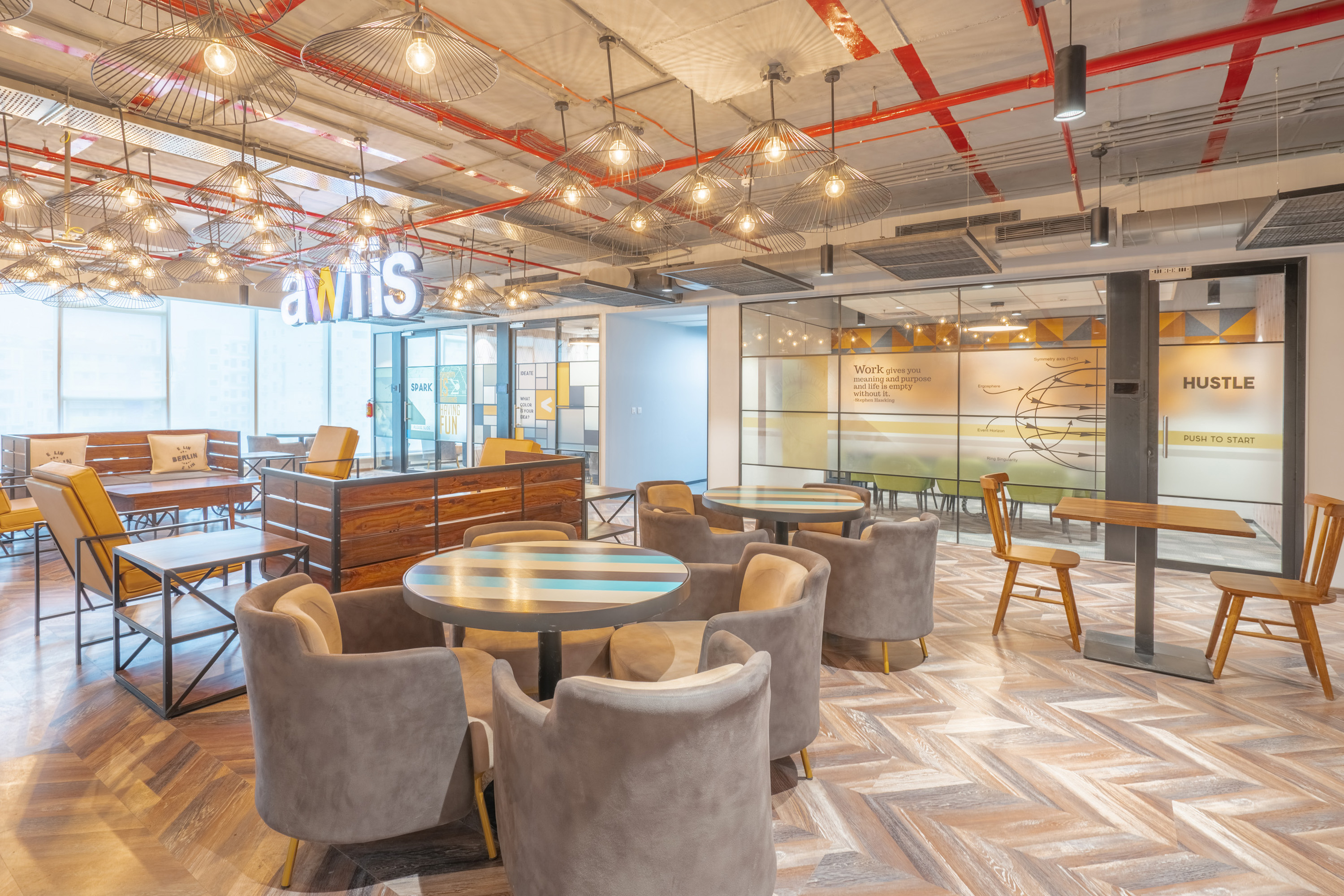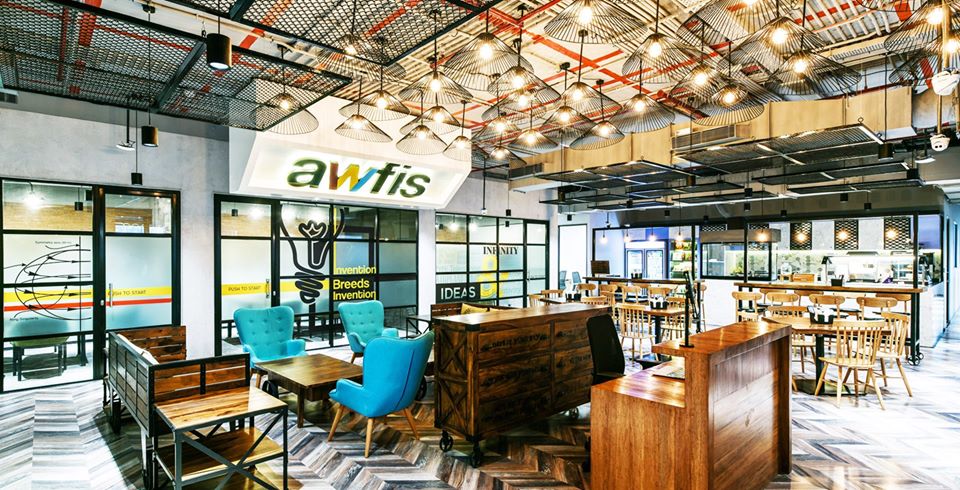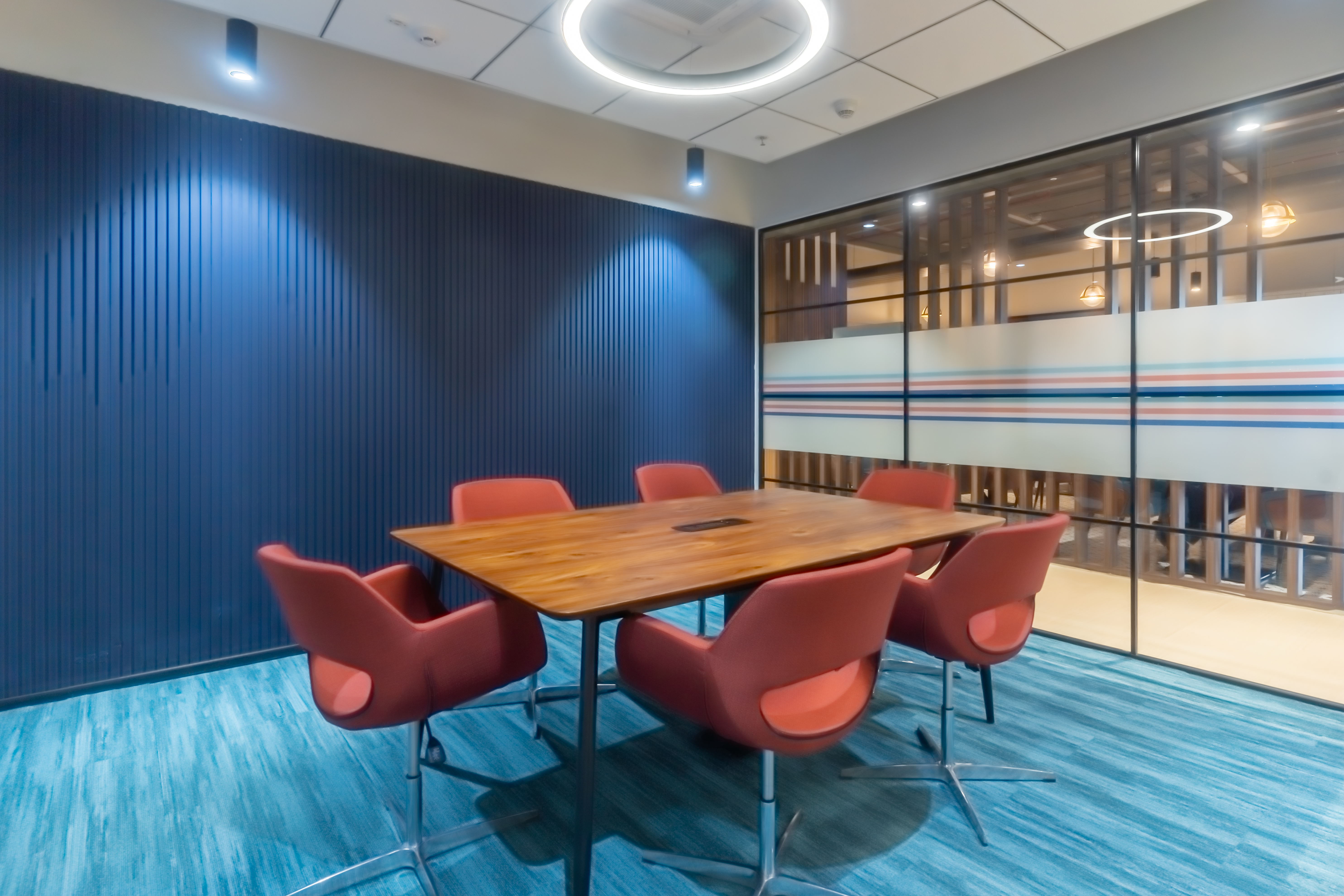The concept of coworking spaces has transformed how we work, providing freedom, collaboration, and a sense of community. However, as we accept these modern workspaces, a new concern emerges: how can we make them more sustainable? In India, the emergence of sustainable coworking spaces is a necessity rather than a trend. As organizations and individuals become more conscious of their environmental impact, the demand for eco-friendly shared workspaces grows. Let’s look at how Indian coworking spaces are adapting to global sustainability trends and leading the way in establishing greener work environments.
1. The Rise of Sustainable Coworking Spaces
The Shift Towards Green Offices
The global movement towards sustainability has permeated all aspects of our lives, including the workplace. Indian coworking spaces are quickly adjusting to this transition, recognizing that sustainability is more than a slogan; it is an essential component of modern business. These green spaces are designed to have a low environmental impact, providing solutions for environmentally conscious workers and companies. By embracing sustainability initiatives in the workplace, these spaces are setting a new standard for what it means to work in an eco-friendly environment.
The Environmental Impact of Traditional Offices
Traditional workplace layouts have long been associated with excessive energy usage, waste, and a lack of environmental stewardship. The contrast between these antiquated paradigms and the fresh, green approach of coworking spaces could not be more striking. The demand for more sustainable work environments has never been greater, and India’s coworking spaces are rising to the challenge of implementing green initiatives in the workplace that are both innovative and impactful. The significance of biophilic design is growing- bringing the verdant great outdoors within the confines of the workspace
2. Energy Efficiency: Powering Productivity Responsibly
Smart Lighting Solutions
Consider a workspace in which the lights adapt automatically based on natural light and human presence. Energy-efficient LED lighting, paired with motion sensors and strategically placed natural light, is becoming the norm in Indian coworking spaces. These advances not only minimize energy usage but also improve worker comfort and productivity. By integrating sustainability initiatives into their design, these spaces are making significant strides toward creating a green coworking space that truly embodies sustainable workplace practices.
Solar-Powered Workspaces
Some coworking spaces in India are taking sustainability to the next level by utilizing solar energy. Solar panels are being built to meet energy demands and reduce reliance on non-renewable energy sources. This dedication to renewable energy demonstrates a forward-thinking attitude that is consistent with global sustainability goals, making these spaces leaders in natural zones.
Green Data Centers
As the digital world grows, so does the demand for data storage. Coworking spaces are tackling this by using energy-efficient data centers that use less power and produce less heat. By investing in green technology, these locations ensure that their digital footprint is as minimal as their physical one, further solidifying their role as sustainable coworking spaces.
3. Sustainable Design: Creating Eco-Friendly Environments
Use of Recycled and Sustainable Materials
Sustainability begins with design, and many coworking spaces are opting for interiors made from recycled and sustainable materials. Whether it’s reclaimed wood for furniture or eco-friendly materials for upholstery, these design choices demonstrate a strong commitment to sustainability. By incorporating sustainable workplace practices into their design, these spaces set new standards for green coworking spaces.
Biophilic Design
Bringing the outdoors inside is more than a passing fad; it’s a tried-and-true method for improving health and air quality. Biophilic design elements, such as indoor plants and green walls, are becoming more common in coworking spaces, offering a relaxing and health-promoting environment for members. These green spaces not only enhance well-being but also contribute to the overall sustainability of the coworking environment.
Modular and Flexible Furniture
Flexibility is essential in today’s dynamic workplace. Modular furniture fits coworking spaces’ changing needs while promoting sustainability by decreasing trash. These adaptive designs ensure that nothing goes to waste, even as the space changes, further promoting green initiatives in the workplace.
4. Water Conservation: Every Drop Counts
Dual Flush Toilets
Dual flush toilets are a simple but effective way to conserve water. By offering two flush options, these toilets can significantly reduce water usage compared to traditional single-flush models. This is especially beneficial in coworking spaces with high footfalls. Adopting dual flush toilets can help organizations reduce their water footprint and contribute to a more sustainable environment.
Low-Flow Fixtures
Every drop counts and coworking spaces ensure that none go to waste. Low-flow taps and toilets are being fitted to reduce water waste, demonstrating that sustainability can be achieved even in the tiniest of aspects. These efforts are key to creating a sustainable coworking space that is mindful of its water usage.
Greywater Recycling
Greywater recycling is another creative solution used by certain coworking spaces. By cleaning and reusing wastewater from sinks and showers, these facilities reduce their water footprint and contribute to a more sustainable future.
5. Community Engagement: Fostering a Culture of Sustainability
Workshops and Awareness Campaigns
Sustainability extends beyond the physical area; it also involves the people who utilize the space. Coworking spaces are organizing workshops and awareness campaigns to educate members about environmentally responsible activities. These efforts promote a sustainable culture that goes beyond the workplace and into the daily lives of members, making sustainability initiatives an integral part of their community.
Sustainability Challenges
Who says sustainability can’t be enjoyable? Many coworking spaces are proposing green challenges to encourage members to reduce their carbon footprint and waste. These challenges not only encourage environmentally beneficial behavior but also foster a sense of community among participants. These green initiatives in the workplace create a vibrant, engaged community dedicated to sustainability.
Collaboration with Green Organizations
Coworking spaces also promote sustainability through partnerships with environmental NGOs or green entrepreneurs. These spaces increase their influence and contribute to larger environmental aims by cooperating with organizations that share their beliefs. This collaboration helps to enhance the sustainability initiatives in the workplace, making a broader impact.
6. Green Commuting: Reducing the Carbon Footprint
Promoting Public Transport and Carpooling
Getting to work sustainably is equally vital as working sustainably. Coworking spaces encourage members to take public transport, carpool, or cycle to work. These measures help to reduce the coworking community’s overall carbon impact while also fostering a healthy lifestyle. By promoting green commuting, these spaces are making significant contributions to sustainability initiatives.
Electric Vehicle Charging Stations
The future is electric, and coworking spaces are getting ready for it by installing EV charging stations. By making it simpler for members to switch to electric vehicles, these spaces help to reduce greenhouse gas emissions, aligning with their green initiatives in the workplace.
Bicycle-Friendly Workspaces
Cycling to work is one of the most environmentally friendly ways to commute, and coworking spaces are making it more accessible. With amenities such as bike racks and showers, these venues encourage members to shed their automobiles and cycle their way to a greener future. This approach is a core aspect of sustainable workplace practices in coworking spaces.
7. Conclusion: The Future of Green Coworking in India
Long-Term Benefits
Sustainability in coworking spaces is more than a passing trend; it is a long-term investment in the future. Coworking spaces that employ green methods reduce their environmental effect while also attracting like-minded workers and enterprises. The adoption of sustainable workplace practices ensures that these spaces remain relevant and impactful in the years to come.
The Role of Policy and Regulation
Government rules and regulations will be critical to promoting sustainability in the coworking business. Supportive regulations can provide essential incentives for more spaces to adopt green practices, resulting in a better future for everyone. These policies will be crucial for the continued growth of green spaces in coworking.
Conclusion
The sustainability journey is ongoing, and every effort matters. Whether you’re running a coworking space, an occupier, or simply passionate about sustainability, now is the time to act. Green coworking spaces are more than a trend—they reinforce commitment towards a sustainable future. By adopting energy-efficient practices, waste management, and community engagement, Indian coworking spaces are setting a new standard for what it means to work in a shared, sustainable environment. Awfis is leading this change by offering coworking spaces designed with sustainability in mind, ensuring that every member becomes part of a community dedicated to building a greener future. By choosing Awfis, you’re not just selecting a workspace; you’re also making a positive impact on the environment and joining a community that values sustainability.




